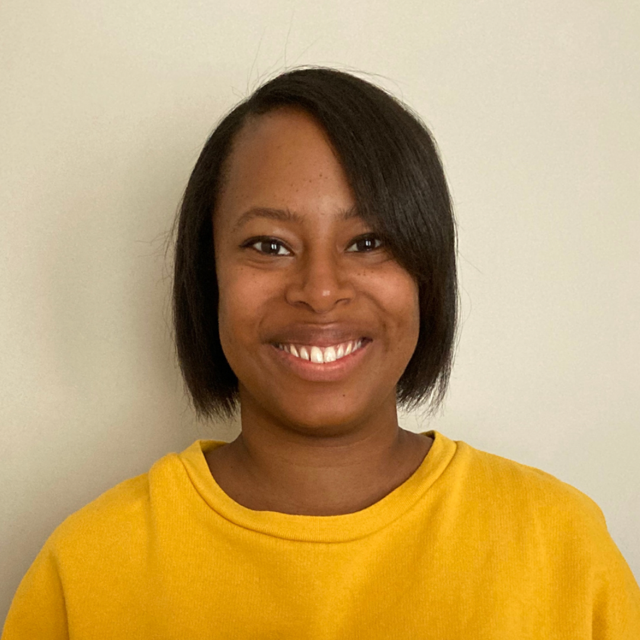What advice would you give to someone who thinks they may have Endometriosis?
If you think you might have endometriosis, it can be useful to record your symptoms and have an appointment with your GP. Endometriosis UK is a great source of information. The charity and other organisations run support groups and online events where you can hear from medical professionals and endometriosis sufferers.
Finally, thank you so much for all you do, what drives you to raise awareness of endometriosis?
I started raising awareness at the start of the pandemic because it gave me time to reflect on all I had been through. This chronic illness has dominated my life for so many years and more recently, thoracic endometriosis and infertility. I realise that through campaigning, I can encourage others to share and consider getting referred to endometriosis specialists.
What are your hopes for the future in terms of seeing change to the way endometriosis is viewed by society?
I hope that in the future, many more people will know about endometriosis and that it is taken as seriously as other diseases. I would like to see more employers recognising this debilitating condition and putting support in place for their staff. There have been so many myths about endometriosis over the years, in relation to treatment options, fertility and race. The diagnosis time needs to be cut down. GPs should be considering endometriosis when patients present symptoms and more funding is needed.






